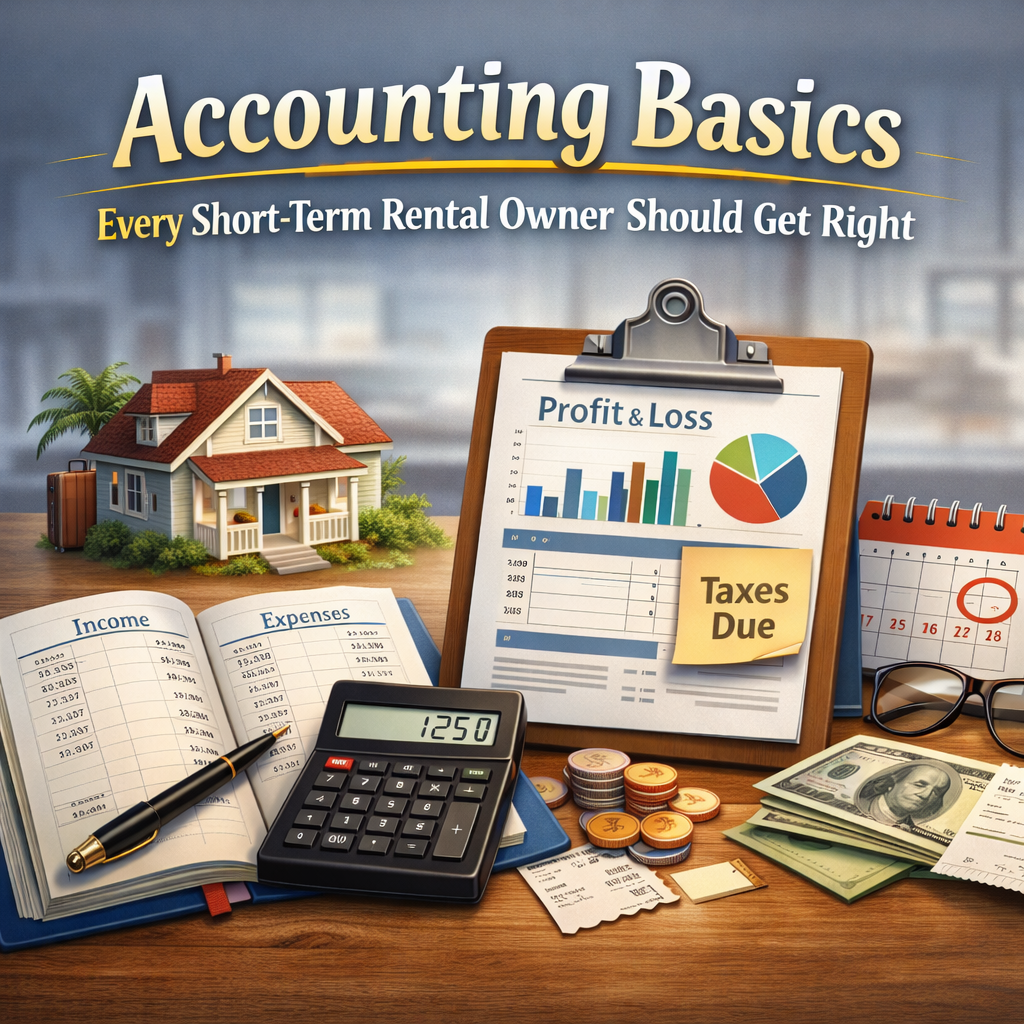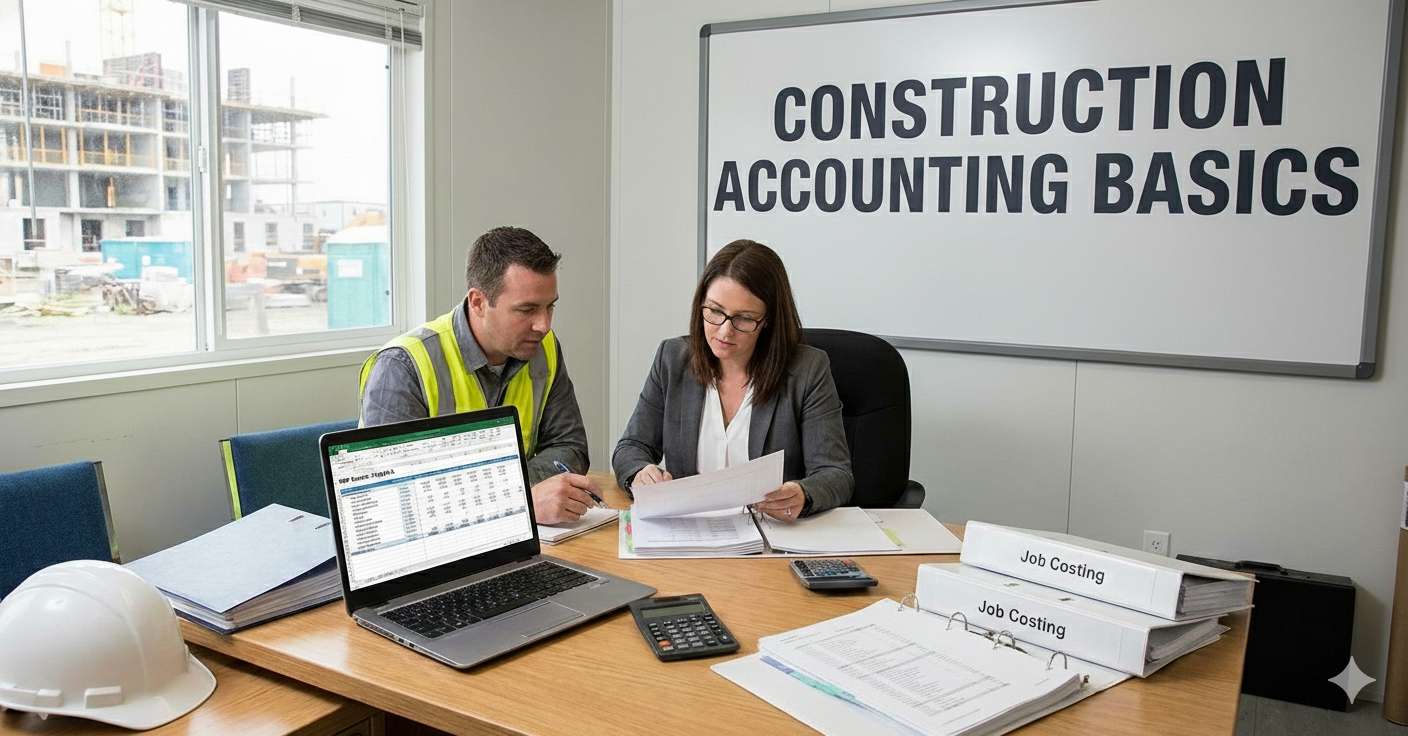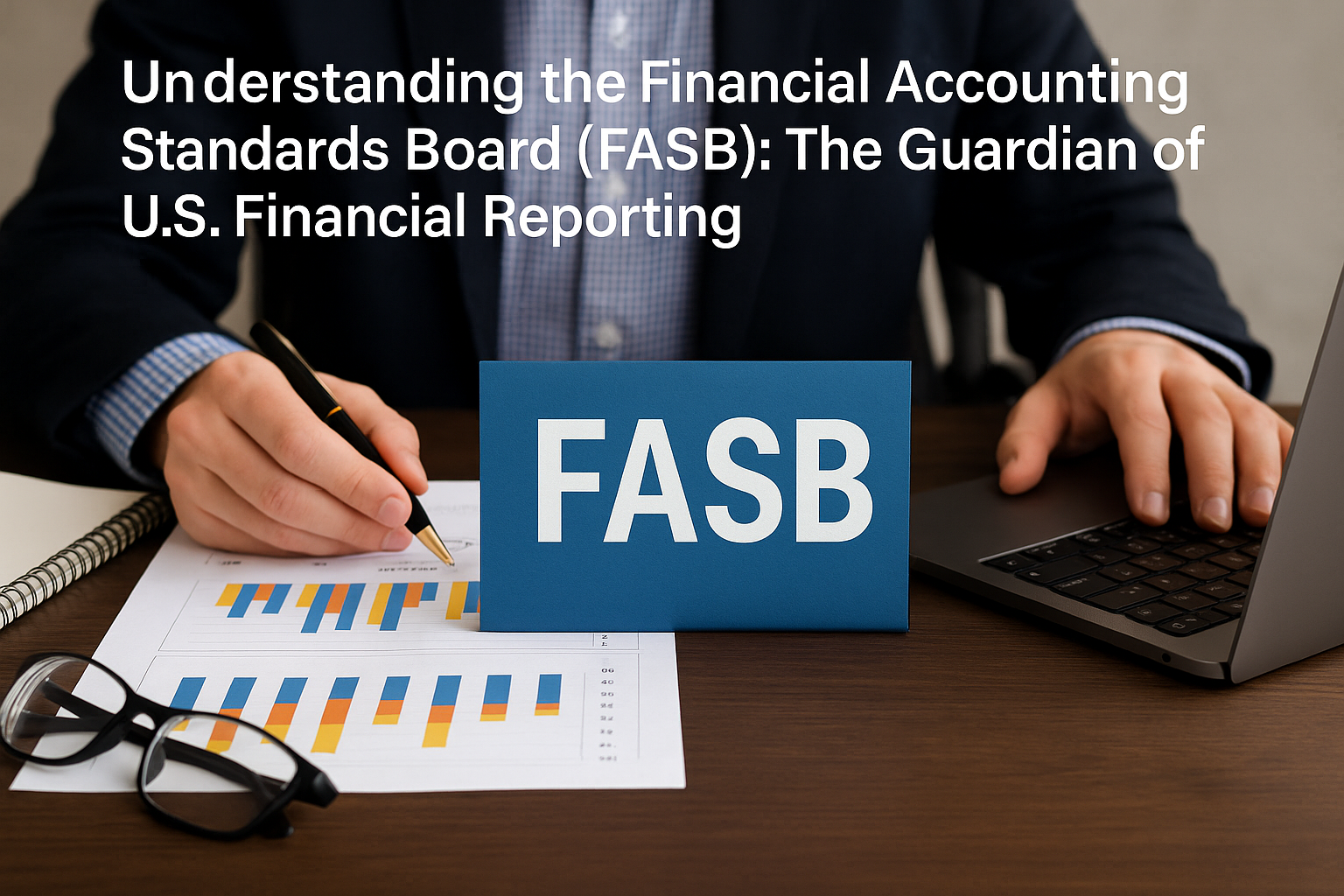
Every business, regardless of industry, ultimately faces the same challenge, how to manage costs effectively while maximizing profits. This is where a Cost Management Accountant steps in. Unlike general accountants who mainly focus on financial reporting and compliance, they specialize in analyzing expenses, improving efficiency, and guiding strategic decisions. Their role goes beyond crunching numbers; they help organizations identify savings opportunities, plan budgets, and ensure long-term financial stability.
Cost management accounting is a specialized branch of accounting focused on tracking, analyzing, and controlling costs within an organization. Unlike financial accounting, which primarily deals with compliance and reporting to external stakeholders, cost management accounting is more internal and strategy-driven. It provides businesses with detailed insights that help them optimize production processes, allocate resources effectively, and increase profitability.
A Cost Management Accountant (CMA) is the professional behind these activities. They not only identify and monitor costs but also play a central role in planning budgets, setting benchmarks, and forecasting future expenses to ensure sustainable growth.
The day-to-day work varies depending on industry and company size, but their core responsibilities revolve around cost analysis and business decision support. Some of the key things they do include:
To carry out all these tasks effectively, a cost management accountant needs a variety of skills, such as:
Businesses today face increasing competition, rising production costs, and constantly changing customer demands. In such conditions, effective cost management becomes a necessity, not a luxury. A cost management accountant helps in the following ways:
For those interested in pursuing a career as a cost management accountant, the pathway typically involves:
CMAs work across various industries, since cost efficiency is vital everywhere. Some common sectors include:
With the rise of technology, automation, and data analytics, the role of cost management accountants is evolving. They are increasingly required to leverage tools like artificial intelligence (AI) and predictive analytics to provide deeper insights. Rather than just crunching numbers, they are expected to play a more strategic role in guiding corporate policy and helping organizations adapt to market shifts.
As sustainability becomes a key focus globally, CMAs will also help companies balance financial performance with environmental and social responsibility. Additionally, many firms now rely on specialized services such as offshore-tax-preparation to optimize compliance and efficiency in a globalized business environment.
A Cost Management Accountant is far more than a number-cruncher. They are strategic partners who help companies maintain financial discipline, cut unnecessary costs, and focus on profitable growth. By analyzing costs, preparing budgets, monitoring performance, and guiding business decisions, they form the backbone of sustainable financial management.
For businesses aiming to thrive in competitive markets, investing in skilled cost management accounting professionals is not just an option, it’s a necessity.
What industries hire Cost Management Accountants?
CMAs are in demand across manufacturing, healthcare, retail, IT, construction, and other sectors where cost efficiency is critical.
Who is a Cost Management Accountant?
A Cost Management Accountant (CMA) is a professional who analyzes and manages costs within an organization to improve efficiency, profitability, and long-term financial stability.
Q3. How is a Cost Management Accountant different from a Financial Accountant?
A Cost Management Accountant focuses on internal cost efficiency and strategic decision-making, while a Financial Accountant prepares external reports for investors, regulators, and tax authorities.
Why are Cost Management Accountants important for businesses?
They help reduce waste, improve profitability, support sustainability, and shape business strategies through cost-focused financial insights.
Can small businesses benefit from hiring a Cost Management Accountant?
Yes. CMAs help even small businesses manage costs, control budgets, and make profitable decisions.
.png)



